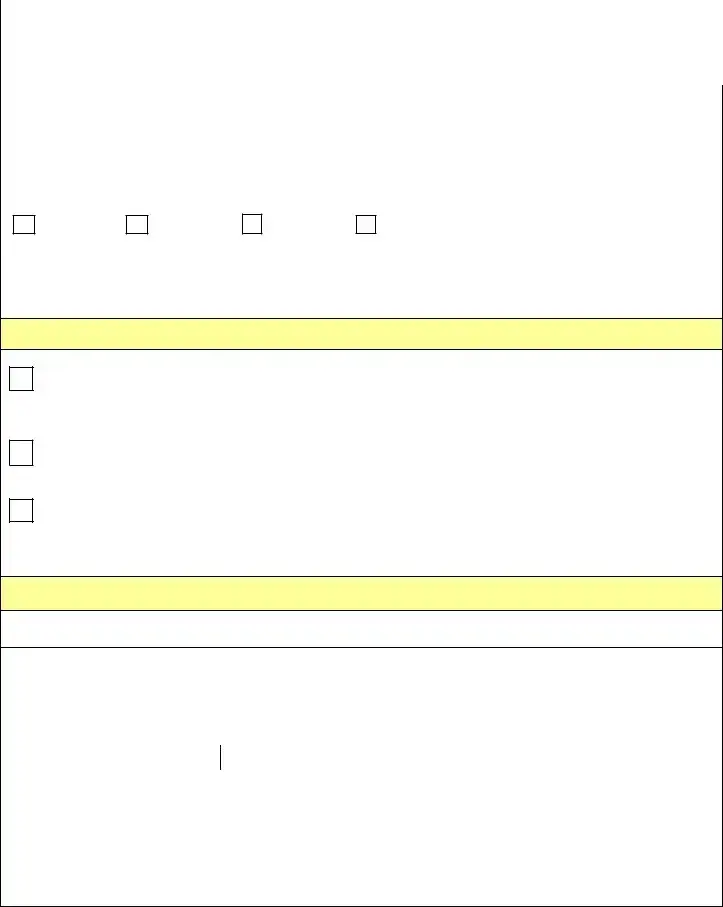The Minnesota LG220 form, an application for an exempt permit for lawful gambling, is closely aligned with several other types of regulatory documents required for various special activities or tax-exempt statuses. One such document is the Special Event Permit application often required by cities or counties for events that may impact public spaces or require special accommodations. These applications ensure that all necessary safety, health, and logistical considerations are addressed, much like the LG220 form ensures compliance with gambling laws and regulations.
Similarly, the IRS Form 1023 is used by organizations seeking recognition of exemption under section 501(c)(3) of the Internal Revenue Code. This form requires detailed information about the organization's purposes, governance, and financial structure. Both the Form 1023 and the LG220 form require organizations to prove their non-profit status and demonstrate compliance with specific operational guidelines, underscoring their responsibility to both their members and the public.
The Charitable Solicitation License, required in many states for nonprofits that solicit donations from the public, also parallels the LG220 form. These licenses are necessary to ensure the organization's fundraising activities are conducted ethically and transparently, protecting both donors and beneficiaries. Similarly, the LG220 requires transparency and accountability in gambling activities, ensuring they are conducted fairly and responsibly.
A Bingo License application, specific to organizations intending to offer bingo games as part of their fundraising activities, shares commonalities with the LG220 form. Both applications necessitate providing detailed organizational information, event specifics, and compliance with statutory requirements to ensure fair and lawful gaming practices.
The Alcohol Beverage License application, required for events where alcohol will be sold or consumed, also mirrors the LG220 form in its purpose of regulatory compliance. While serving different ends, both applications require approval from local authorities, and they ensure public safety and welfare are considered in the hosting of these events.
The Gaming License, required for more extensive gambling operations beyond exempt permit activities, similarly demands detailed information about the organization, the types of games offered, and adherence to regulatory standards. Both the LG220 and Gaming License applications serve to maintain the integrity of gambling activities and prevent abuse.
The Sales Tax Exemption Certificate is another document related to the LG220, allowing qualified nonprofits to purchase goods or services without paying sales tax. Organizations seeking this exemption must provide proof of their nonprofit status and comply with state regulations, akin to the documentation and compliance aspects of the LG220 form.
The Temporary Food Service Establishment Permit, required for events where food will be served, focuses on health and safety standards. Like the LG220 form, this permit ensures that the event's organizers have considered the well-being of participants, albeit from a nutritional and hygienic standpoint.
The Raffle License Application, required for any organization looking to conduct a raffle as a fundraising effort, is very similar to the LG220 form. Both require organizations to detail their event plans, demonstrate compliance with regulations, and ensure that the activities are conducted responsibly and ethically for charitable purposes.
Lastly, the Use of Public Space Permit, necessary for events occurring on public property, requires applicants to describe the event, its impact on the community, and safety preparations. Like the LG220, this permit process ensures that activities are conducted safely and with consideration for the community's well-being and legal frameworks.

